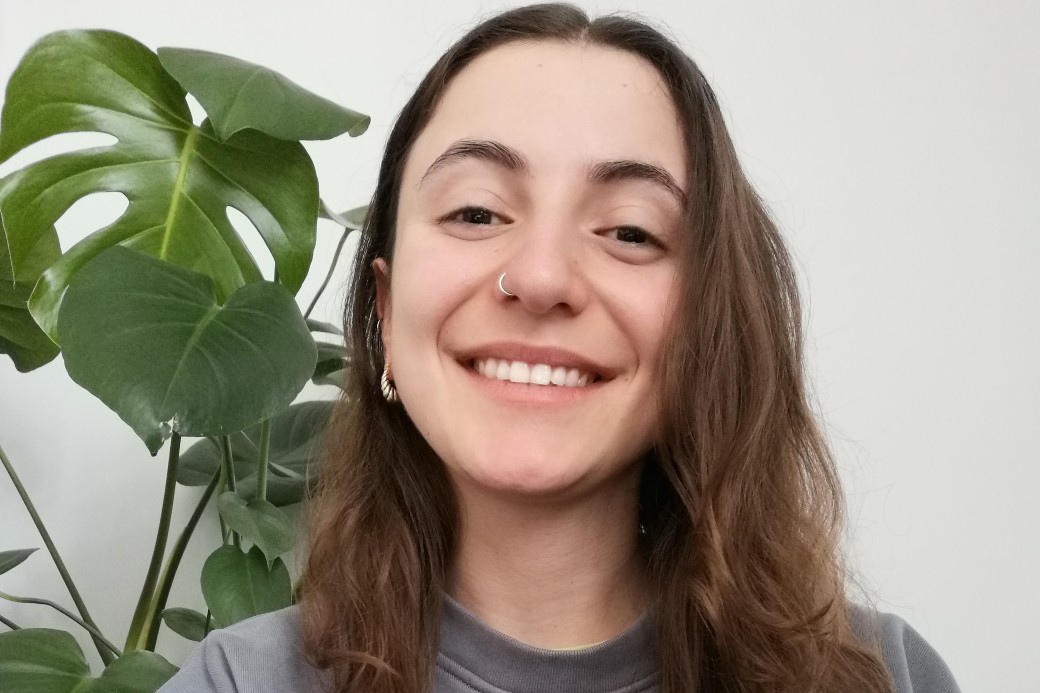My name is Elena and I’m in my fourth year of the Astrophysics MSci. As my degree comes to an end, I am passing on some useful advice to you, the next generation of QM physicists.
Here are five things I wish I knew before starting my Astrophysics degree at Queen Mary.
1. It's ok to be confused at first. Physics isn't exclusively for geniuses.
It takes a while to get into the university rhythm, and Queen Mary has many systems in place to help. Firstly, the School of Physical and Chemical Sciences offers Peer Assisted Study Support (sessions where students in higher years help students in lower years) every Wednesday, so any doubt you can ask fellow students! The physics museum in the school’s building is also a great social hub, you can make friends in all years and ask them for help. The degree is built to get you to the level you need to be - and some people will pick up things faster than others - but ultimately everyone comes away qualified. The most important thing is to not get scared, disheartened, or overwhelmed; stick with it and you’ll pull through. Solving a problem that took a long time to do or understanding a complicated concept is a fun process. Reaching the end of this process is incredibly satisfying and why I personally love physics.
2. The best way to learn physics is to do physics.
Most modules have weekly exercise classes which are a great way to further understand what is going on in class. Most of my maths modules were a mystery until we got around to seeing applications of the things we learnt in class: definitions sometimes aren’t enough, it can help to see stuff in action. Many people don’t realise that physics involves coding to aid with problem solving. Coding modules are very useful to produce results that are too difficult to calculate by hand. Writing the code itself gives a good view of the physics involved in processes. And make sure to choose modules that you are interested in as it is the best way to stay motivated. Sometimes you’ll want to do a module that’s not strictly part of your curriculum, ask to do it anyway if you’re interested!
3. It's important to create relationships with academics.
You’ll be paired to an academic advisor, who is there to support you from day one until graduation. It’s important to keep in touch and ask for advice, resolve issues (academic or not), and ask for references. Normally you should meet a few times per year and can chat about anything that’s on your mind. It’s also good to keep a friendly relationship with lecturers so you needn’t be shy about asking for help! They want you to succeed, and sometimes a one-to-one chat helps clarify doubts and lift spirits. Make sure to show up to lectures to build this rapport and be active in class.
4. Sometimes all one can do is take a break and recharge.
The fact of the matter is this degree can be hard. Every once in a while, I get to the point where I stare at a problem or my laptop for hours, and I’m ultimately doing nothing: I am overwhelmed. Those are the times where I found it effective to take a break because the brain needs it; you increase productivity and improve your mood. A whole day taking care of myself and not studying is enough for me to be back on track for a while. It’s important to also take regular breaks whilst studying and to eat and sleep properly. The university also has a wonderful Advice and Counselling service, because sometimes a simple break isn’t enough.
5. A physics degree can lead to almost anything that you can conceive it to.
I chose to stay in academia – I am going to be doing a PhD in gravitational wave physics at the University of Portsmouth – because that is what suited me, but there are as many possibilities as there are people taking the course! A physics degree is highly regarded and could lead or progress into most fields. Friends and classmates have gone onto marketing, law-tech, consulting, music, data science and analysis, recruitment in fintech, teaching, security, and finance. This degree gives you the critical thinking and problem solving skills to crack any job - and if you are unsure of what to do, the university has a careers service which is there to help. In addition, the School of Physical and Chemical Sciences has an appointed careers advisor just for you. They give a few classes on CV writing and job hunting, and keep everyone informed about careers events. Crucially, there is no time limit on finding a job after graduating, so take your time to find and focus on your passion.
